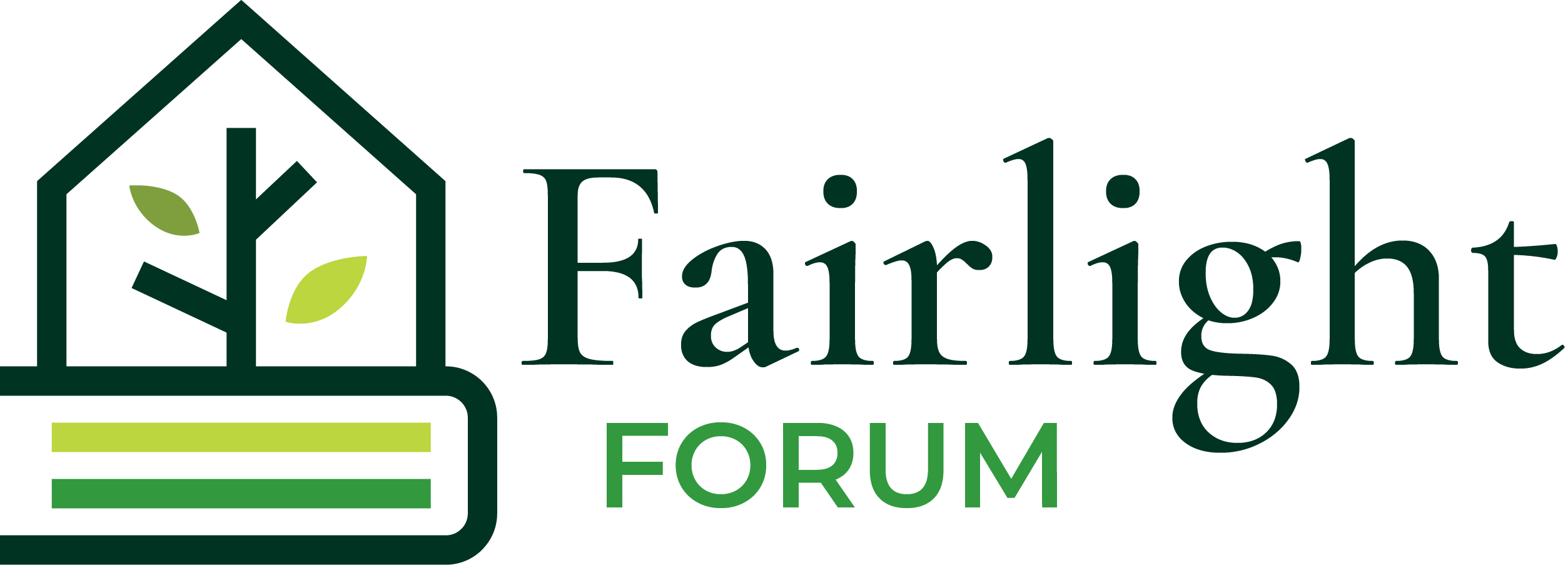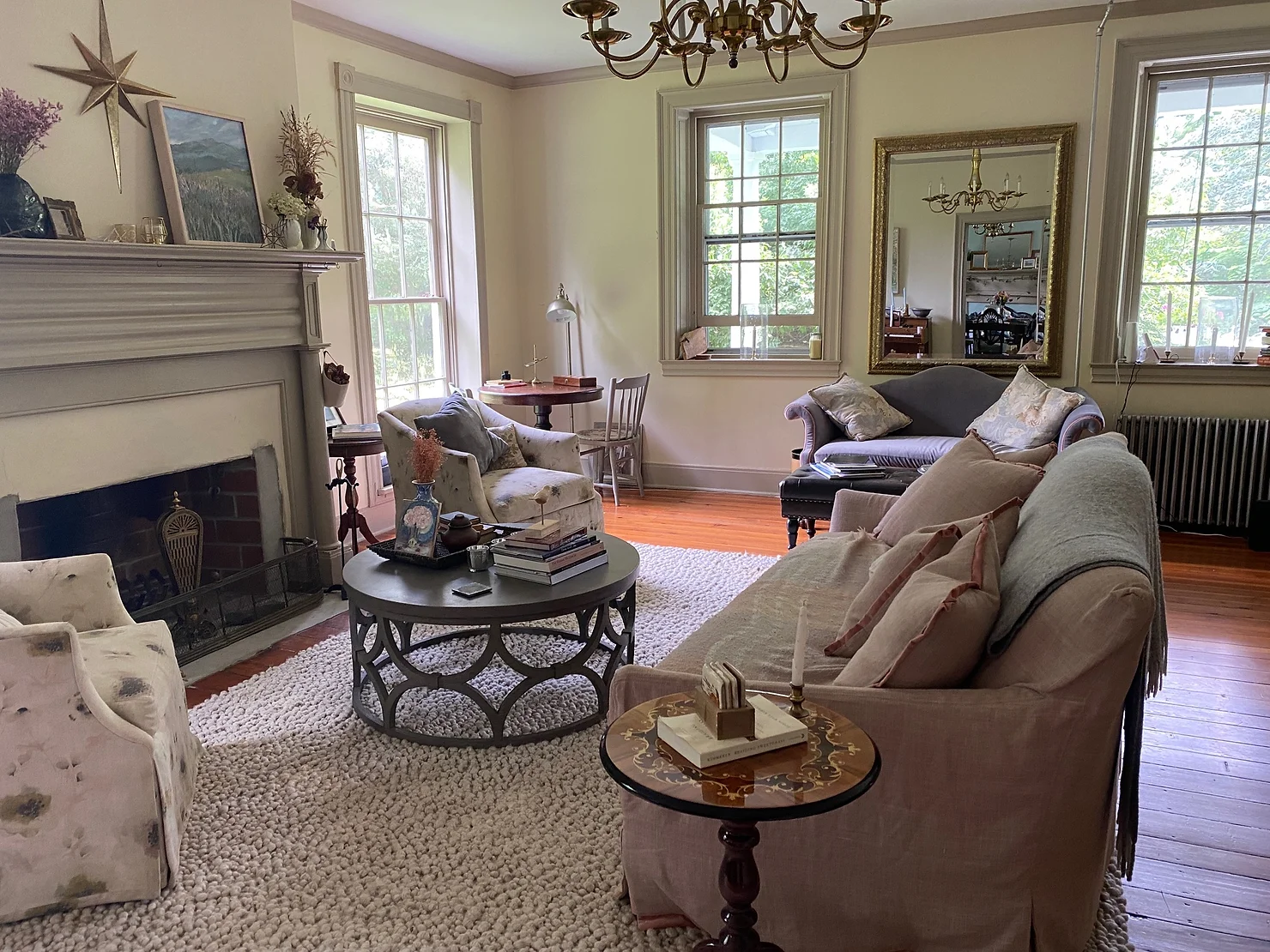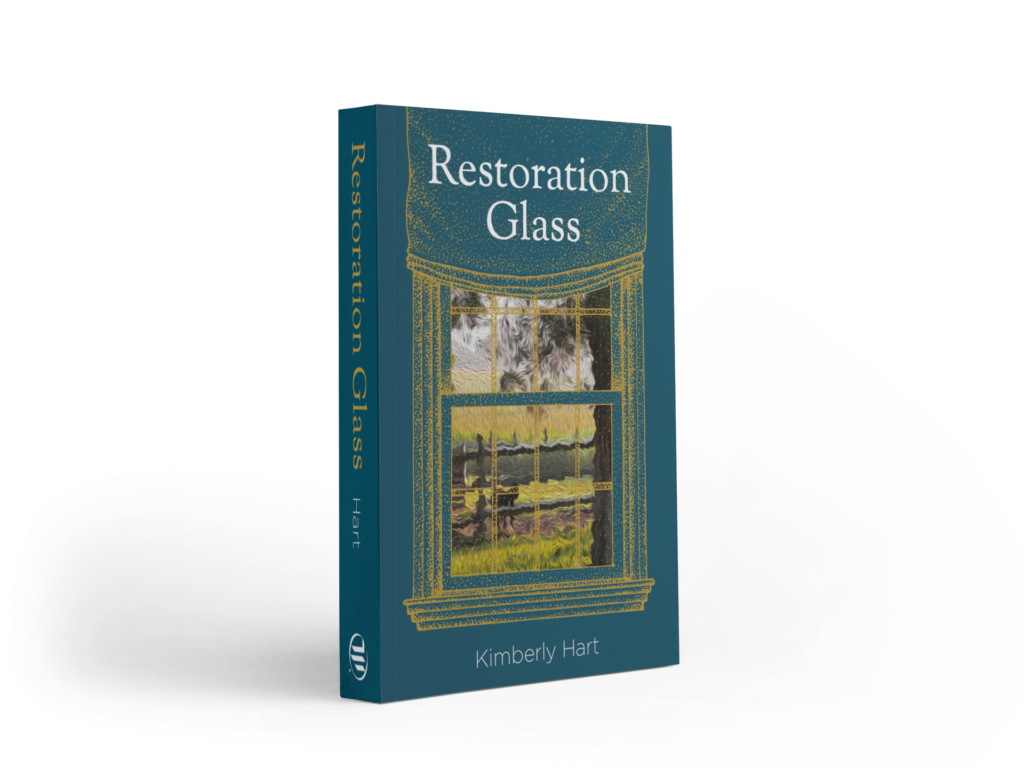Salon noun sa·lon | \ sə-ˈlän , ˈsa-ˌlän, sa-ˈlōⁿ \ an intellectual meeting or gathering of people, usually involving a meal, to discuss topics of current political and cultural interest.
It’s a simple enough definition. Yet, in a world divided by distance, our ever-present cell phones, religion, politics, race, education, and social class, a gathering of people often means a gathering of those who share similar lives and ideas. We rarely find ourselves sharing a meal or sharing the floor with someone vastly different from ourselves.
Perhaps being raised that one didn’t discuss money, politics or religion in “polite company” has resulted in a generation that doesn’t know how to have those kinds of discussions at all. Perhaps the proliferation of news sites and commentators and influencers to fill our cable channels and social media feeds has led to intellectual and emotional firewalls between people of differing views. Perhaps our ability and often need to move for education and to find employment means we all too often live surrounded by others who are too similar to ourselves for disagreement. No longer in a small community forced to get along with everyone, we can settle into enclaves of people with similar socio-economic, educational and religious status.
Confirmation bias thrives in such conditions. The more we hear our own beliefs echoed back to us, the more mired in those beliefs we become. We become more convinced in the absolute rightness of our positions and less and less tolerant of the ideas and views of others. We don’t intentionally build these walls and become ensnared ever more deeply in division. But when we don’t regularly interact with people who see the world differently than us, we struggle to understand how they even *can* see it that way. It is ever easier to believe that people are choosing to be *wrong* because we cannot see any way they can be *right*.
It doesn’t need to be this way.
The Fairlight Forum exists to break down those walls and to bring people together to have those conversations we were taught shouldn’t happen. The salons of the French Enlightenment are somewhat mythologized into something that nearly singlehandedly changed the course of history. That may be a stretch. But certainly the gatherings of the intellectual elite from different societal strata contributed to the spread of ideas throughout French society and the world. Salons persisted in one form or another from the 1600s through modern times, with notable periods such as the Enlightenment and the Harlem Renaissance. Many artists, musicians, writers, and political leaders have credited salons as being the key to the ideas that eventually led to their public successes.
Salons operated within certain sets of rules. They nearly universally gathered around food and drink of some kind. Conversation was critical to the success of the salon, with attendees expected to contribute to the discussion. Whether the topic was literature, the arts, philosophy or politics, the topic was considered more important that maintaining a cool politeness. People expected to challenge and be challenged, within a civil and honest atmosphere. The salon hostess was responsible for invitations, refreshments, and maintaining order and decorum while encouraging stimulating conversation.
Can all of that happen today? Is it possible for a group of people, only some of whom are known to one another, and who all share divergent views on a topic, to come together over a meal and share honest and civil conversation about an oft-divisive topic? Can Democrats and Republicans discuss climate, poverty, education and healthcare with an eye towards ideas and solutions rather than defending their positions? Can conservatives and liberals discuss the role and influence of religion on culture and thus on politics in a way that enlightens each other and contributes to a broader and deeper understanding?
The Fairlight Forum intends to prove that it is, indeed, possible. We believe that people are craving that sort of connection and exchange of ideas. We believe that people want to believe the best about others and want to both understand and to be understood. And we believe that bringing people together around good food and drink, in beautiful surroundings, with artists, musicians, writers, and cultural, business, community, and political leaders can and will change the culture of division and alienation that darkens our skies today.



